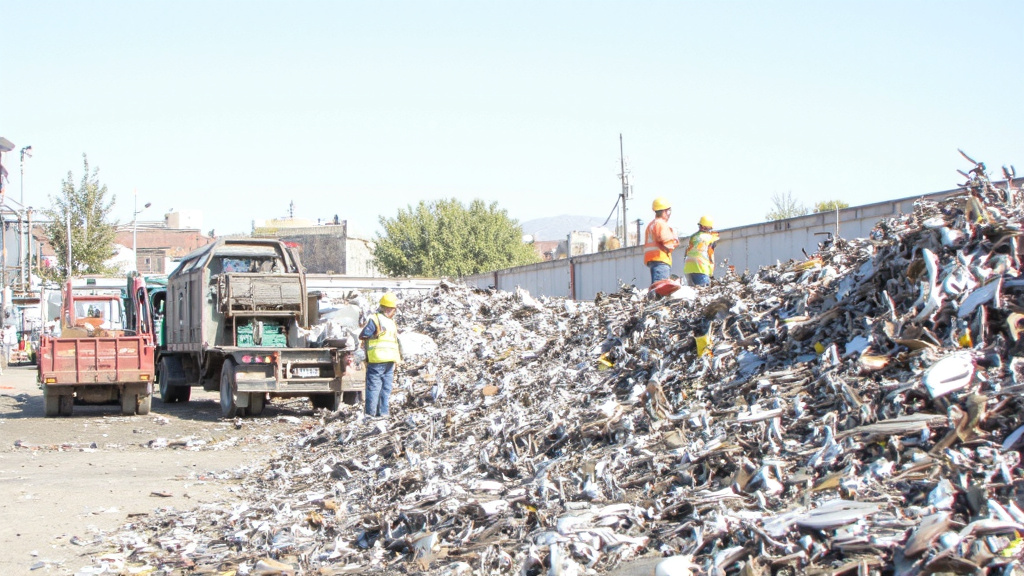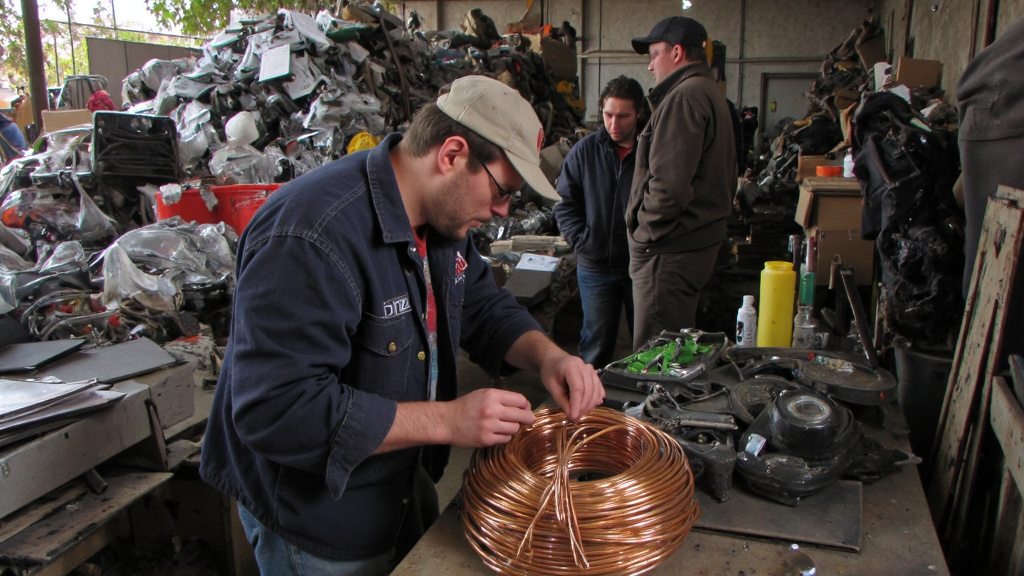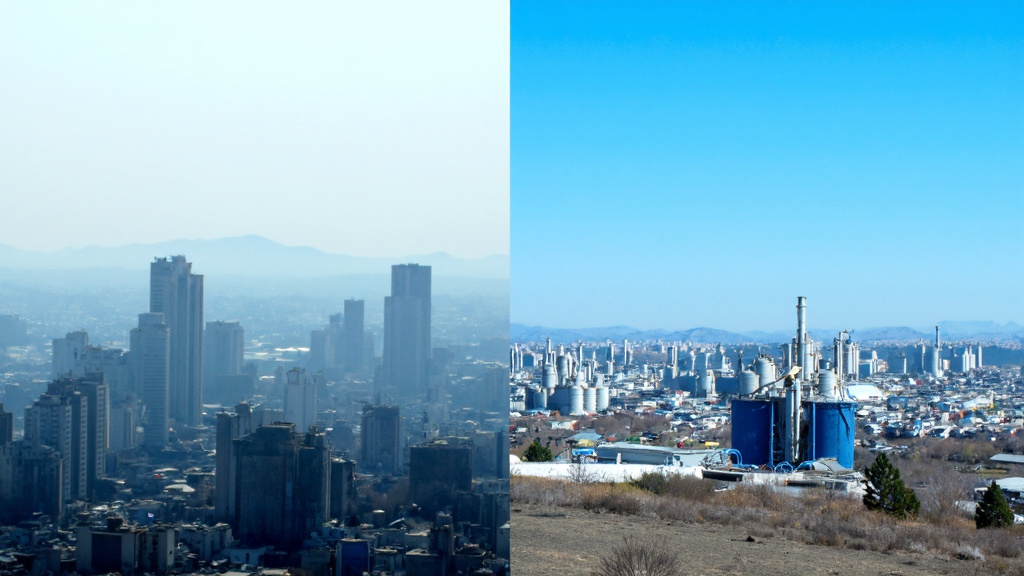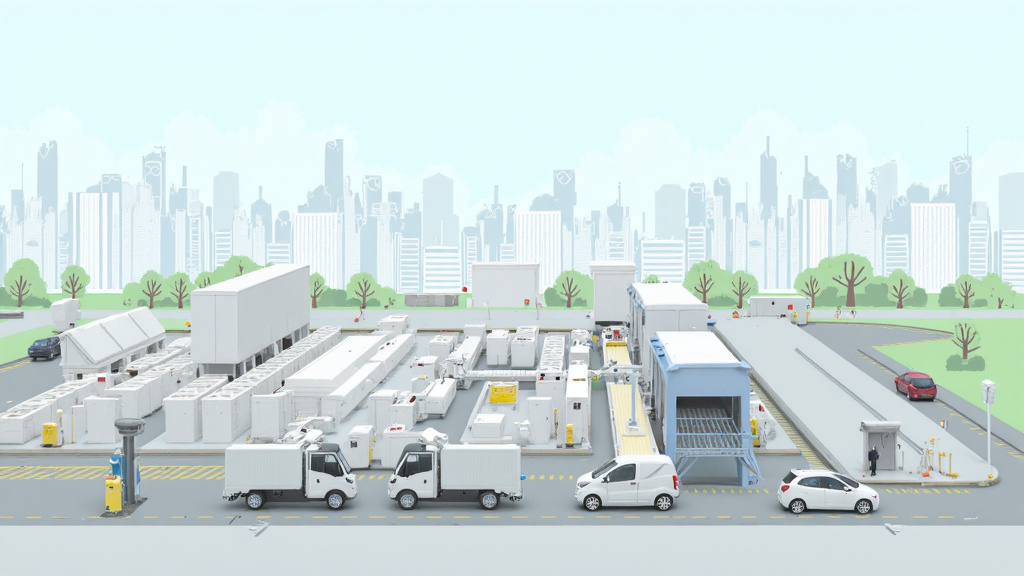5901 Botham Jean Blvd, Dallas, TX 75215
Exploring Scrap Metal Recycling in Urban Areas
April 16, 2025In rapidly developing metropolitan areas, scrap metal recycling has become an essential environmental solution. This process involves the systematic collection, processing, and repurposing of discarded metal materials in densely populated cities. From abandoned appliances and construction debris to decommissioned vehicles, these valuable resources are diverted from landfills and given new life.
Urban areas face unique waste management challenges due to limited space and high population density.
The concentration of commercial, industrial, and residential activities generates significant metal waste that requires specialized handling. Professional recycling services have developed sophisticated systems to efficiently gather, sort, and transform these materials into reusable resources, creating a circular economy within city environments.
The environmental benefits of urban scrap metal recycling are substantial. Each ton of recycled steel conserves about 2,500 pounds of iron ore, 1,400 pounds of coal, and 120 pounds of limestone.
What Services Do Urban Scrap Metal Recyclers Offer?

Urban scrap metal recyclers provide comprehensive solutions tailored to the unique challenges of city environments. These facilities specialize in processing and repurposing various metal materials with a focus on sustainability and environmental responsibility. Their core services extend beyond basic collection.
Metal Collection and Purchase Services
Most urban recyclers offer cash-for-scrap programs, providing competitive rates for various metal materials. This service is available to both individuals with small quantities from demolition projects and businesses with regular disposal needs. Fast service and fair pricing are hallmarks of successful urban recycling operations.
These facilities accept and process a wide range of metal types, each with different values and recycling requirements. Common materials include:
- Ferrous metals (containing iron) like steel and cast iron
- Non-ferrous metals like copper, aluminum, brass, and bronze
- Precious metals recovery from electronics and industrial equipment
- Wire and cable materials with varying metal content
Container and Transportation Solutions
For larger-scale projects, urban recyclers offer specialized container services to facilitate efficient collection. These services are particularly valuable for construction sites, manufacturing facilities, and demolition projects within city limits.
Roll-off containers are available in multiple sizes—typically 10, 20, 30, and 40 yard capacities—to accommodate different job requirements and space constraints. The flexibility in container sizing helps clients manage projects of varying scopes while navigating tight urban spaces.
Transportation logistics are another critical service. Many recyclers provide prompt delivery and removal of containers on schedules that minimize disruption to urban activities. This service helps businesses maintain compliance with city regulations regarding debris management.
Specialized Processing Services
Beyond collection, many urban facilities offer advanced processing capabilities. These might include baling and shearing solutions that can be performed either on-site or at the client’s location, depending on project requirements and city restrictions.
Some urban recyclers extend their services to include demolition assistance, particularly for structures with significant metal content. This integration of services helps streamline projects in dense urban environments where coordination between multiple service providers can be challenging.
For commercial clients with specific needs, customized recycling programs may be developed to handle regular volumes of particular metal types. These relationships often feature dedicated containers, scheduled pickups, and reporting systems that track environmental impact.
| Service Category | Applications |
|---|---|
| Metal Collection and Purchase | Cash-for-scrap programs for ferrous and non-ferrous metals, precious metals recovery, and wire and cable materials. |
| Container and Transportation | Roll-off containers for construction sites, manufacturing facilities, and demolition projects, with sizes from 10 to 40 yards. |
| Specialized Processing | Baling and shearing, demolition assistance, and customized recycling programs for regular metal volumes. |
Environmental Compliance and Reporting
Urban recyclers increasingly provide documentation services that help clients demonstrate their environmental compliance. This documentation can be valuable for businesses seeking green certifications or working to meet municipal sustainability requirements.
Many facilities also offer consulting services to help clients identify recycling opportunities and develop more efficient waste management systems. This expertise is particularly valuable in cities with strict regulations regarding waste disposal and environmental protection.
For specialized industries, some urban recyclers provide secure destruction services with certification, ensuring that sensitive materials are properly processed while maintaining confidentiality and regulatory compliance.
How Do Urban Scrap Metal Buyers Operate?

Urban scrap metal buyers have transformed the recycling industry with their efficient ‘Pick Up, Weigh & Pay’ operational model. Companies like City Metal Traders have refined this approach, offering immediate payment for scrap metals collected directly from construction sites, office buildings, and warehouses. This streamlined process eliminates the logistical challenges traditionally associated with metal recycling.
The operation begins when clients schedule a pickup appointment, typically requiring several days’ advance notice due to high demand. Upon arrival, trained professionals with extensive experience in metal valuation assess the materials on site. Using certified calibrated truck scales, they weigh the collected metals and provide payment immediately, either by cash or check, before departing from the location.
These buyers specialize in purchasing non-ferrous metals, which don’t contain iron or steel. The most commonly accepted materials include:
- Copper (in various grades)
- Insulated wire
- Brass components
- Aluminum
- Stainless steel
Urban recyclers typically require minimum quantities—often between 300 and 500 pounds—to offer their mobile services, though this threshold varies by company. City Metal Traders, for instance, guarantees competitive pricing while focusing on creating new revenue streams for construction trades, landlords, and business owners. This business model offers a win-win scenario: clients convert unwanted metal into immediate income without transportation hassles, while recyclers efficiently collect valuable materials.
Most urban operations offer dual service options—pick-up services for substantial quantities and drop-off facilities at their warehouses for smaller amounts. This flexibility accommodates different client needs while maintaining operational efficiency. The industrial scrap sector forms a significant portion of their business, with specialized knowledge in evaluating and pricing complex metal combinations.
What Are the Environmental Benefits of Urban Scrap Metal Recycling?

Urban scrap metal recycling offers significant environmental benefits beyond waste reduction. In densely populated city centers, where pollution concerns are heightened, these recycling operations serve as critical environmental safeguards. The Institute of Scrap Recycling Industries (ISRI) reports that recycling metal can reduce greenhouse gas emissions by up to 500 million tons, making a substantial contribution to cleaner urban air.
Modern green recycling techniques used by urban facilities significantly reduce the environmental impact of metal production. Compared to mining virgin ore, recycling scrap metal requires up to 40% less water and produces substantially less mining waste. For metals like aluminum, the energy savings are dramatic, with recycling using 95% less energy than extracting and processing raw materials.
Another key benefit is the conservation of natural resources that would otherwise be depleted through mining. Mining for metal ore involves extensive excavation that disrupts ecosystems, damages soil quality, and threatens water supplies. By recycling metals that can be reused almost indefinitely, urban recycling operations help preserve these finite resources.
The U.S. Environmental Protection Agency has documented that recycling and composting cut greenhouse gas emissions by more than 186 million metric tons of carbon dioxide in 2013. This reduction is crucial in urban settings where air quality issues directly impact public health and quality of life for millions of residents.
Environmental researchers highlight that urban metal recycling also prevents toxic substances from contaminating city environments. Scrap metals often contain hazardous materials like mercury and lead, which can leach into soil and water if improperly disposed of in landfills. Proper recycling processes safely extract and manage these substances, preventing potential public health crises.
The circular economy benefits extend to landfill reduction as well. With limited space in and around urban centers, diverting metal waste from landfills is increasingly important. The recycling industry processes approximately 130 million metric tons of materials annually in the U.S., significantly easing the strain on urban waste management systems.
By supporting urban scrap metal recycling, municipalities and businesses contribute to a healthier environment while stimulating economic growth. The recycling industry generates nearly $18 billion in export sales annually and supports approximately 470,000 direct jobs in the United States, showing that environmental protection and economic prosperity can coexist.
These environmental benefits illustrate why urban scrap metal recycling is essential for sustainable city planning and resource management strategies across the country. As cities continue to grow, the importance of these green recycling practices will only increase.
Conclusion: The Future of Scrap Metal Recycling in Urban Areas

As urban centers expand, scrap metal recycling is crucial for sustainable waste management. The evolution of recycling technologies—from AI-powered sorting systems to advanced smelting techniques—has transformed how cities approach metal recovery, creating pathways for resource conservation and environmental protection. These innovations reduce the need for environmentally destructive mining operations and significantly lower energy consumption and greenhouse gas emissions associated with traditional metal production.
The environmental benefits of urban scrap metal recycling extend beyond waste diversion. By recovering valuable metals from discarded electronics, vehicles, and infrastructure, cities conserve finite resources, minimize landfill accumulation, and substantially reduce pollution. The economic advantages are equally compelling, with recycling creating green jobs and providing sustainable material streams for local industries. As cities evolve into sustainable metal hubs, integrating circular economy principles will be crucial for balancing urban growth with environmental stewardship.
For these initiatives to succeed, collaboration between local governments, businesses, and communities is essential. By supporting local recycling initiatives, choosing certified recyclers, and properly disposing of metal-containing products, urban stakeholders can actively contribute to building more sustainable cities. For expert guidance on implementing effective recycling solutions for your business or municipality, contact Okon Recycling at 214-717-4083.
